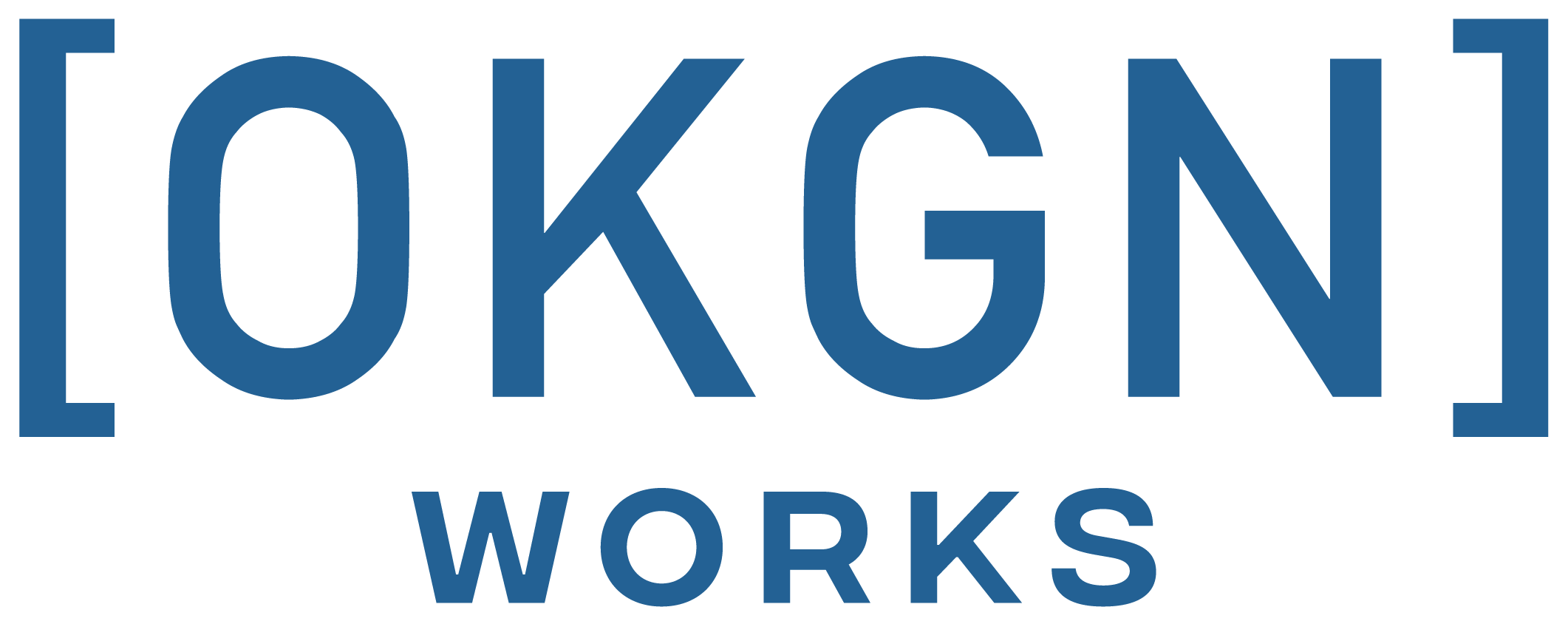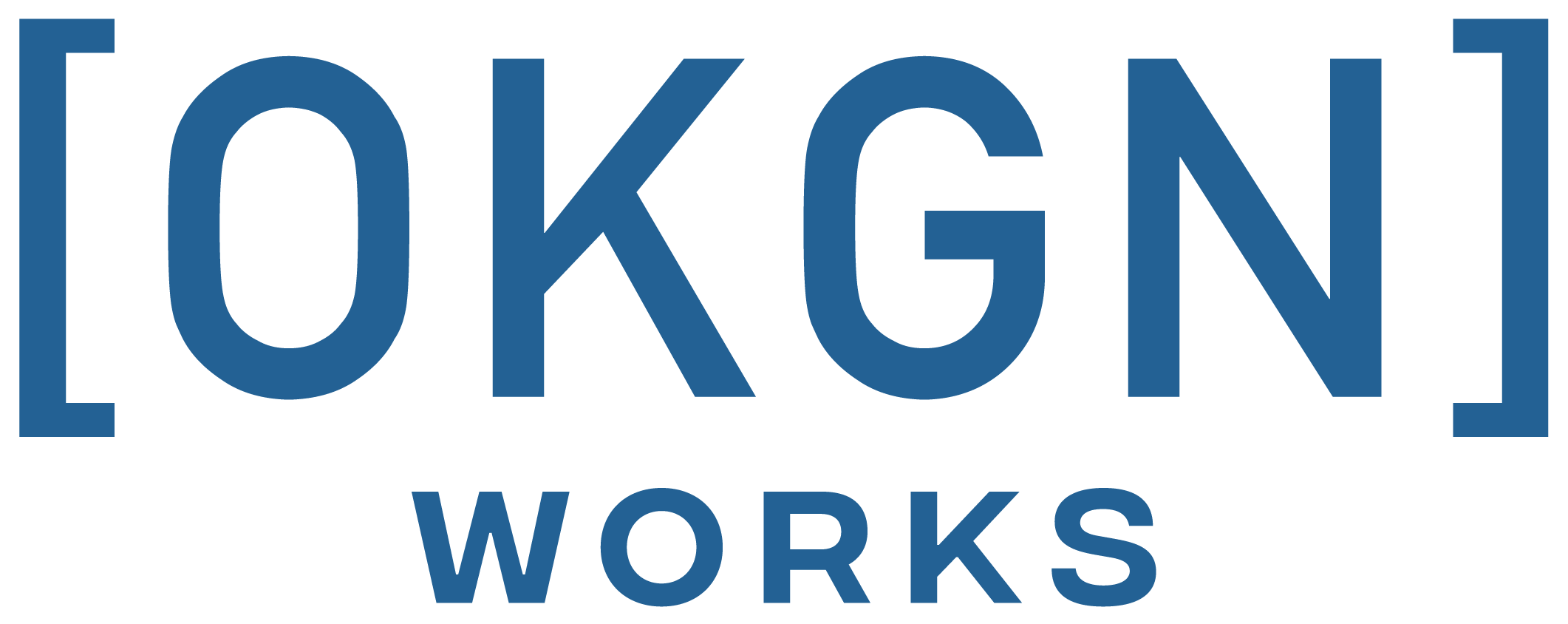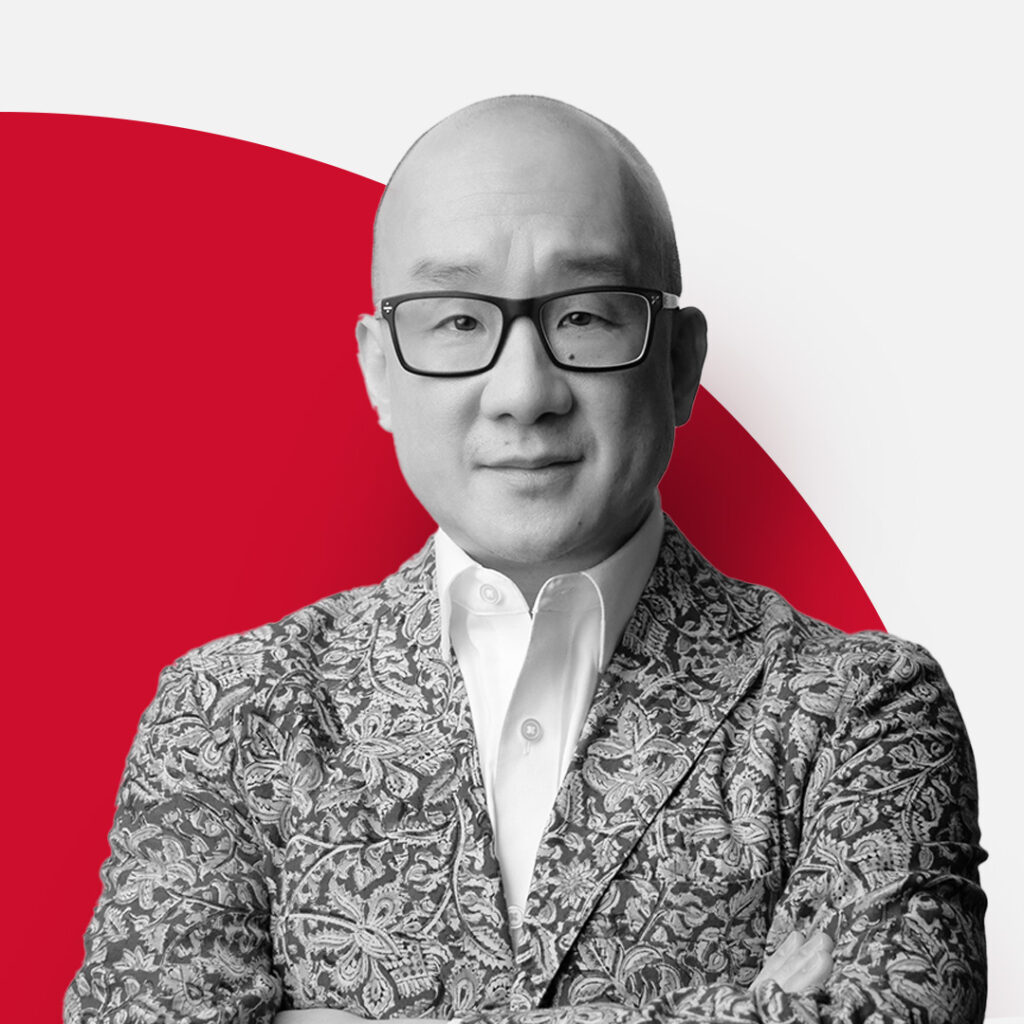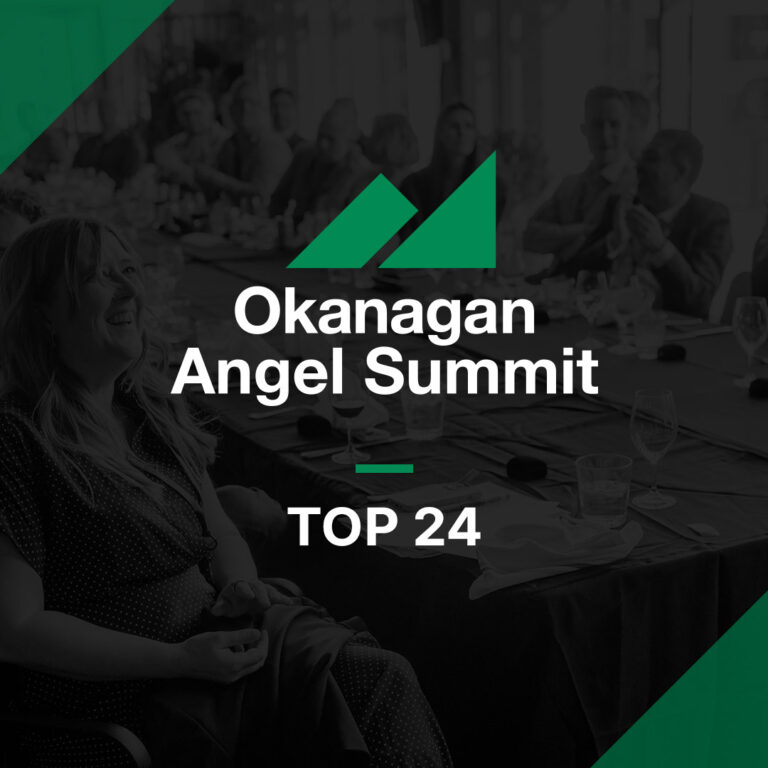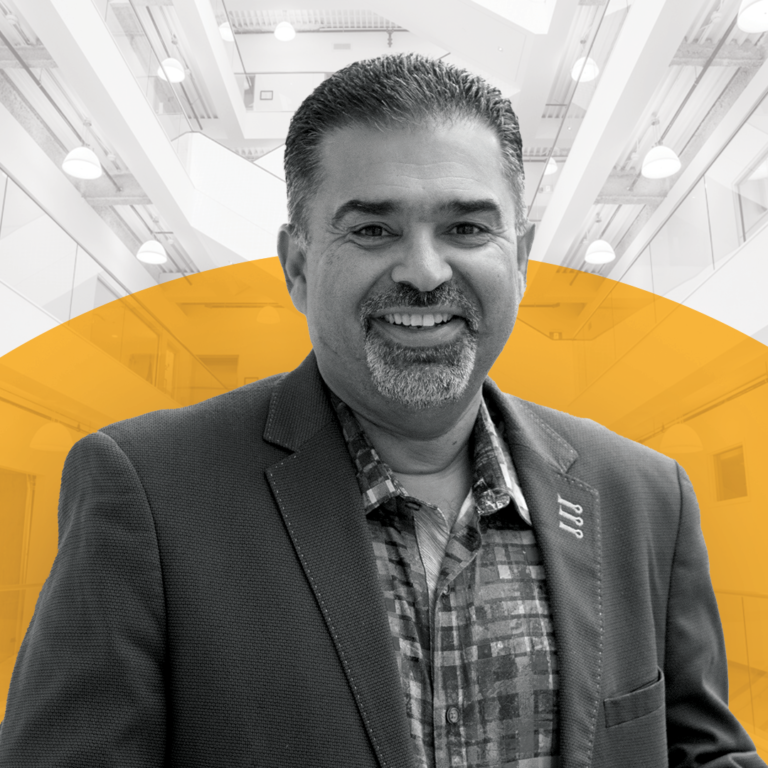At Accelerate Okanagan, our entrepreneurial programs are designed to build strong companies and resilient entrepreneurs. We help business owners validate their market, accelerate their growth, and scale sustainably with the support of our Executives-in-Residence team. We do this through one-on-one business coaching, peer-to-peer engagements, access to resources, and entrepreneurial training with industry experts.
We recently caught up with one of our EiRs, Rocky Ozaki, to find out more about what makes him uniquely qualified and hear the lessons he’s learned along the way.
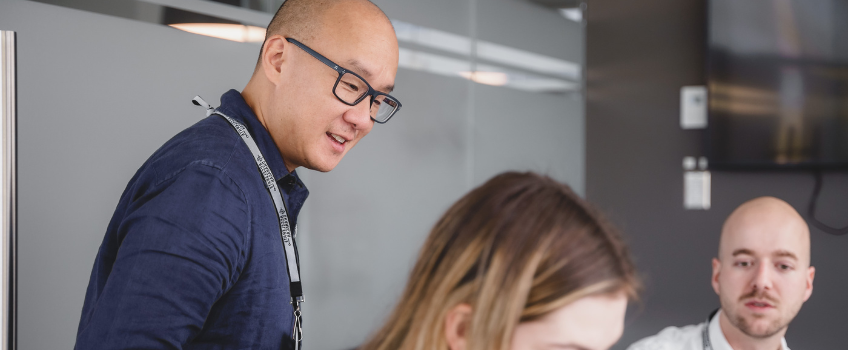
I started my company, NoW of Work, because I spoke the language of startups, scale ups and large corporates. Every company today is a tech company in some way—or they want to be one. That is why I wanted to start this business, to help people thrive in “the future of work”. I can bridge the gap between the startup and corporate worlds and solve problems for both. Over the course of my career I’ve advised and mentored hundreds of startups, launched 3 of my own, but also spent a decade as a senior leader in very large traditional organizations like BCAA, and I’ve learned a lot from those experiences.
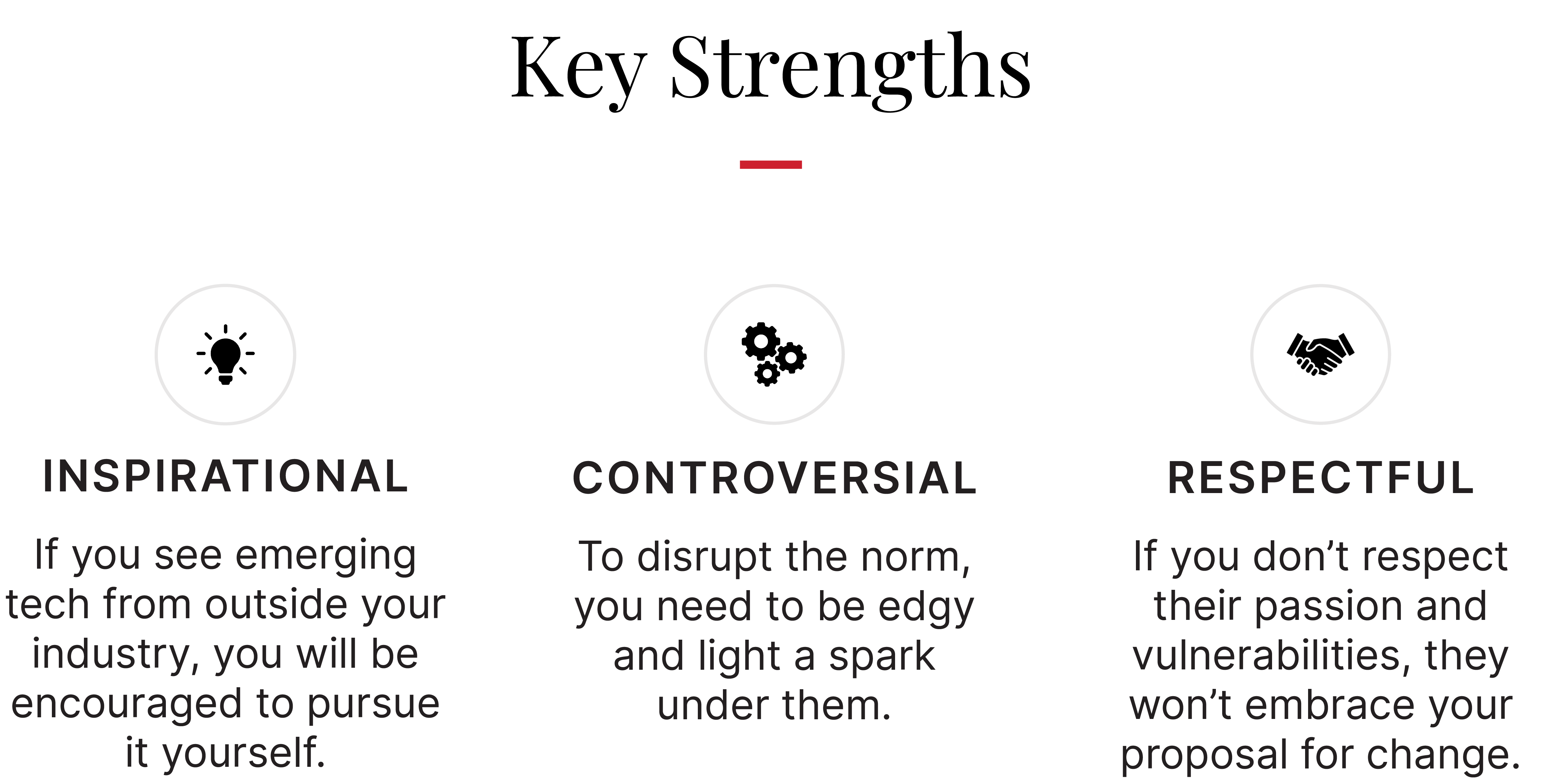
Democratizing Innovation
You need to democratize innovation across the organization. Everyone in the business, from the CEO to the intern, should have the trust and capabilities to challenge the status quo. Winning companies are the ones that have opened up their ability to innovate to everyone on their team and even those outside of their team—like their customers. If you can get to a point where you’re leveraging both internal and external ideas, then you’re becoming a modern company.
To be an agile company, you need to recognize that you don’t know what the future holds. 5 year strategic plans are dead. 3-year plans have been replaced with annual plans, annual plans are now quarterly, and focused work happens in 2-week sprints. Organizations need to be able to change direction based on the current needs of the team, customers and community. Then it doesn’t matter if a pandemic hits or there’s a financial crisis, you’re already re-evaluating your priorities every two weeks and can pivot to accommodate what’s happening now.
To inspire a business to innovate or adopt new technology, you need to show them how it’s benefited other industries. Early on, I tried to scare businesses into upgrading their technology by saying that their business would sink if they didn’t. That didn’t work because they felt threatened by the disruption. Then I figured out how you could use context from outside the business to inspire them. If we want a credit union to get into the open banking space, we need to show them how a funeral home is leveraging the metaverse to benefit their industry. Then the credit union thinks “if they can do it, so can we!”
Milestones
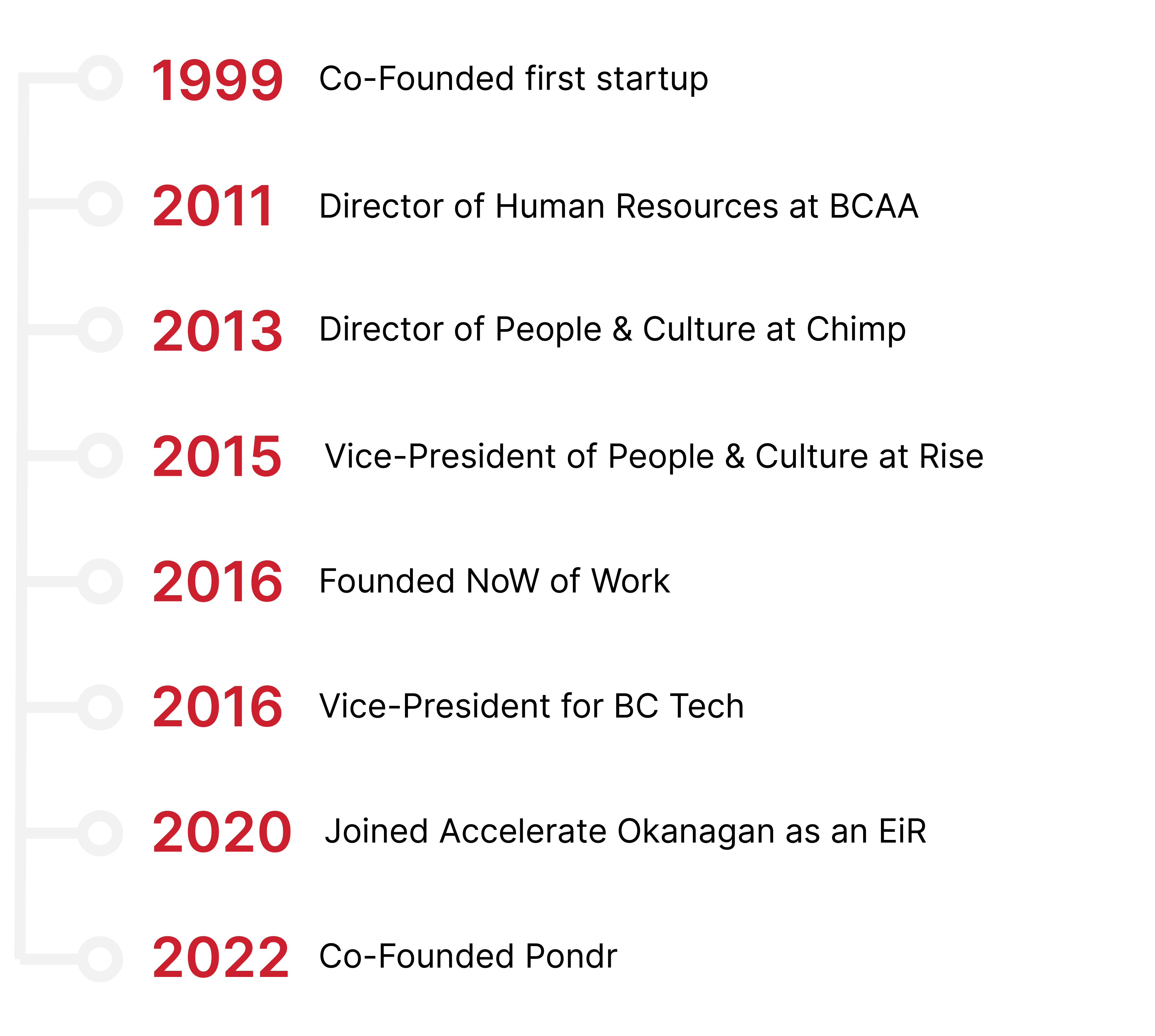
Coach the Founder
Everyone wants to be a founder, but the chances of success are very slim. Most startup ventures aren’t going to create a product or see a dollar in revenue. So, as a mentor, you need to be a coach for the entrepreneur, not the startup. As a mentor who has found success on a similar journey, you can inspire them and convince them that, if they follow certain practices, they can succeed too. However, mentors need to focus on educating entrepreneurs on the skills and insights that will continue to provide value in their current venture, their next startup or in a traditional career setting down the road. Whether their startup succeeds or not, those learnings will improve their journey.
When I first started mentoring, I was pretty picky about who I took on. I wanted to work with people that were hungry to get shit done—that subscribed to hustle culture. Now, I look for very singular traits that equate to having a growth mindset. If you can embrace the idea of needing to fail and commit to being a lifelong learner, is more important than everything I used to think was valuable in a mentee.
You can’t win without mentorship. I launched my first startup in 1999—a job search site specifically for Banff. I was running a hotel there and the biggest challenge we had finding quality employees so we launched a site to attract better applicants. When we launched, we had $15,000 in monthly recurring revenue right out of the gate. We expanded to other regions but, when companies like Monster started acquiring similar businesses, they didn’t come for us. In fact, we were out of business 3 years after launch. Even though we knew how to start a business, make connections and attract customers, we didn’t know how to sustainably scale the business or set ourselves up for acquisition. We needed a program like RevUP to support our growth.
“Rocky has shone a light on my blind spots and enabled me to make better decisions about how I should be building my business.”
Fail Fast, Learn Faster
If you Google the definition of failure, it talks about the absence of success. That’s part of the problem in how we define failure. To me, if you fail fast and learn faster, isn’t that success? Do you know how to build an innovative startup? No. How do you learn? By failing, learning and persevering. That’s why we experiment and validate along the entrepreneurial journey; we’re constantly learning at every stage.

Connect with Rocky or meet our other Executives-in-Residence. Interested in learning more about how Accelerate Okanagan supports entrepreneurs? Check out our programs.
